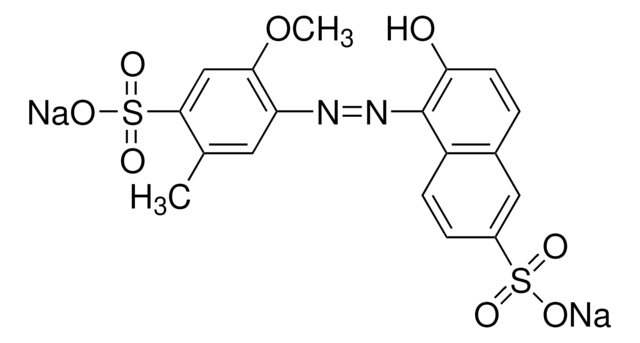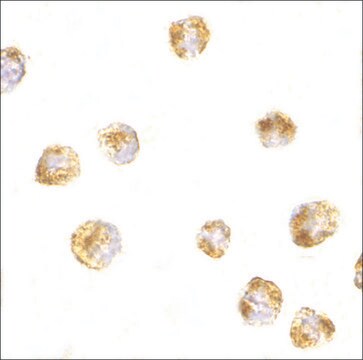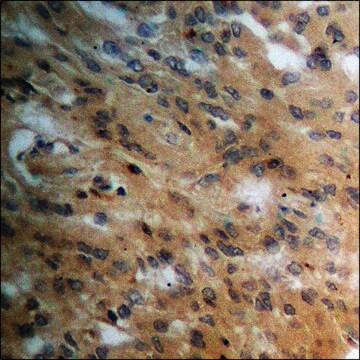MAB10005
Anti-ABCA1 Antibody, clone AB.H10
clone AB.H10, Chemicon®, from mouse
Synonym(s):
ATP-binding cassette transporter 1, ABC-1, Cholesterol efflux regulatory protein
About This Item
Recommended Products
biological source
mouse
Quality Level
antibody form
purified antibody
antibody product type
primary antibodies
clone
AB.H10, monoclonal
species reactivity
human, chicken, mouse
manufacturer/tradename
Chemicon®
technique(s)
ELISA: suitable
immunohistochemistry: suitable (paraffin)
immunoprecipitation (IP): suitable
western blot: suitable
isotype
IgG1
NCBI accession no.
UniProt accession no.
shipped in
dry ice
target post-translational modification
unmodified
Gene Information
human ... ABCA1(19)
General description
Specificity
Immunogen
Application
Immunohistochemistry (Paraffin): 5 μg/mL. Perform heat mediated antigen retrieval in sodium citrate buffer (pH 6), before commencing with IHC staining protocol. Amplification with biotin-streptavidin may be required.
Immunoprecipitation
Western Blot: 1 μg/mL. Predicted molecular weight: 254 kDa.
Optimal working dilutions must be determined by end user.
Metabolism
Lipid Metabolism & Weight Regulation
Physical form
Storage and Stability
Other Notes
Legal Information
Disclaimer
Not finding the right product?
Try our Product Selector Tool.
Storage Class Code
10 - Combustible liquids
WGK
WGK 2
Flash Point(F)
Not applicable
Flash Point(C)
Not applicable
Certificates of Analysis (COA)
Search for Certificates of Analysis (COA) by entering the products Lot/Batch Number. Lot and Batch Numbers can be found on a product’s label following the words ‘Lot’ or ‘Batch’.
Already Own This Product?
Find documentation for the products that you have recently purchased in the Document Library.
Our team of scientists has experience in all areas of research including Life Science, Material Science, Chemical Synthesis, Chromatography, Analytical and many others.
Contact Technical Service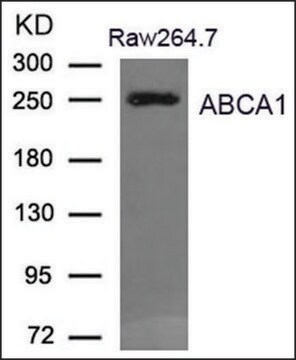
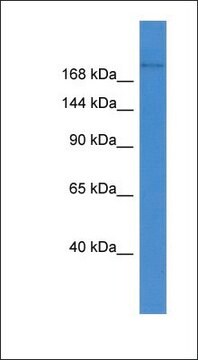
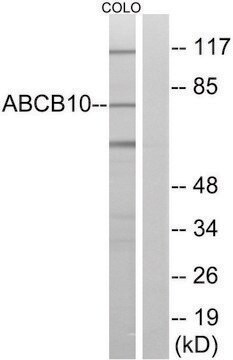
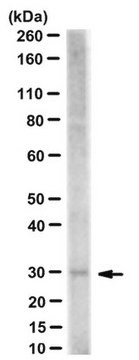
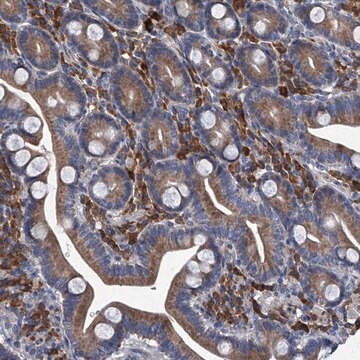
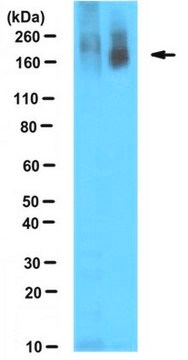
![GAL4 [(1-147) + VP16 (411-490)] from Saccharomyces cerevisiae human herpesvirus 2 recombinant, expressed in E. coli, ≥80% (SDS-PAGE)](/deepweb/assets/sigmaaldrich/product/images/195/570/27f4c1ab-cab8-46e7-bd1a-04978b89bacc/640/27f4c1ab-cab8-46e7-bd1a-04978b89bacc.jpg)
